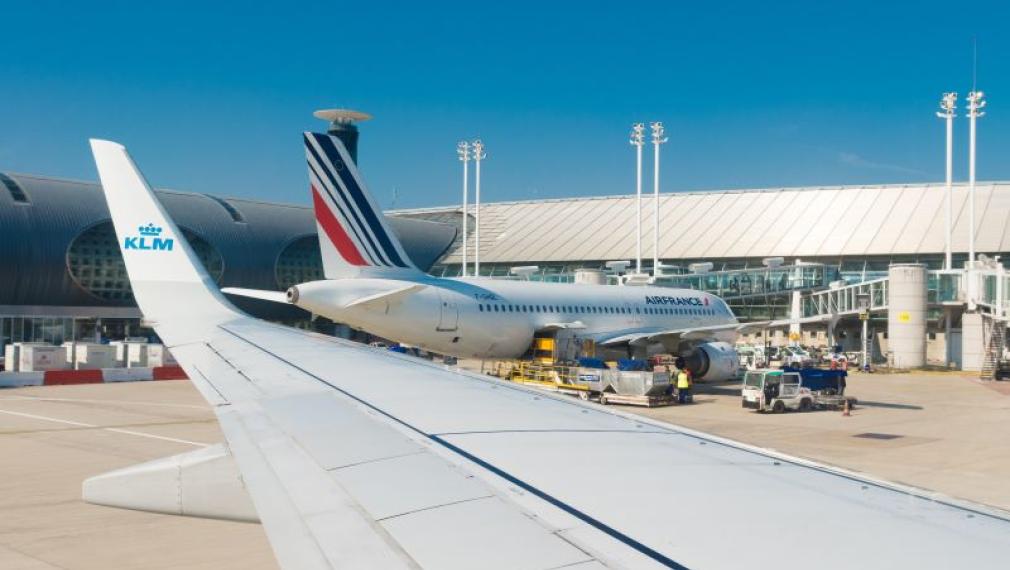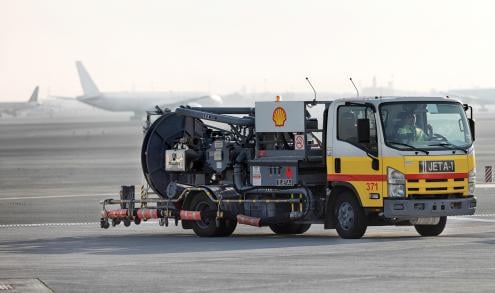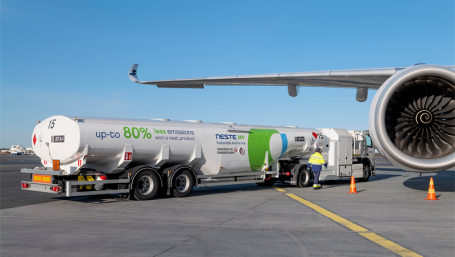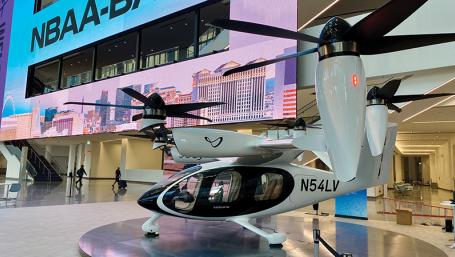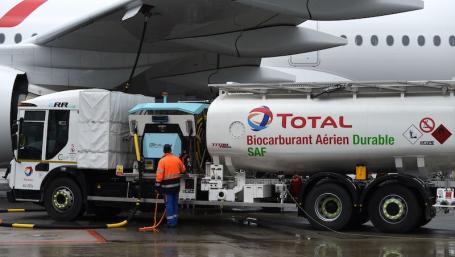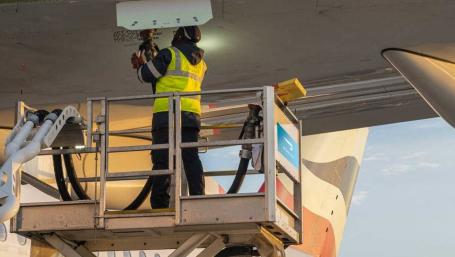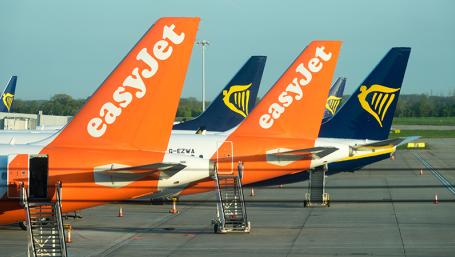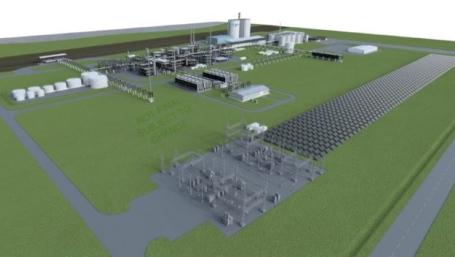Sustainable Aviation Fuel
With governments and airlines committed to decarbonizing aviation by 2050, innovative solutions are required and sustainable aviation fuels (SAF) could play a major role in meeting targets. IATA estimates that SAF could contribute around 65% of the reduction in emissions needed by aviation to reach net-zero in 2050. This will, however, require a massive increase in production in order to meet demand.
Latest News On Sustainable Aviation Fuels
Nov 06, 2024
The European Commission’s commissioner-designate for sustainable transport and tourism has pledged to introduce a sustainable transport investment plan in 2025.
Nov 05, 2024
The show featured a new challenger for broadband inflight connectivity, updates to unconventional aircraft and more.
Nov 04, 2024
Sustainable flight will require businesses that might otherwise have specialized in discrete aerospace tasks to also get involved in nontraditional areas.
Oct 30, 2024
A new Eurocontrol Think Paper analyzes the feasibility of long-haul flights relying on sustainable aviation fuel (SAF) and decarbonizing.
Oct 28, 2024
Over 50 companies have joined forces to get electrofuel (e-SAF) production up and running during a critical time window during the next two years.
Oct 22, 2024
Older aircraft retirements and sales and newly available midsize and heavy jet models are among factors behind the forecast growth in large business aircraft.
Oct 21, 2024
Airlines for Europe members want European Commission support for decarbonization and are frustrated by the faltering of airspace reforms.
Oct 17, 2024
If finalized, the loans would support the completion of two plants, together producing 375 million gal. a year of alternative jet fuel.
